Research: The perfect soybean line
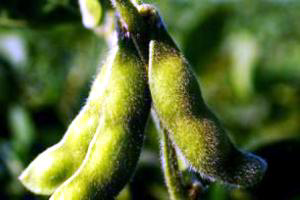
Domestic poultry and livestock represent the No. 1 customer for US soybean farmers, with 97 % of the soybean meal used in the United States going to livestock and poultry feeds.
Determining the yield success of different soybean lines is a long, intensive process, and researchers are always looking for new ways to make breeding better varieties easier. Now, a new method may point the way to a more efficient soybean-breeding process.
Spectral analysis determines the level of photosynthetic activity occurring in a plant by measuring its reflectance of intercepted sunlight. The Kansas Soybean Commission helped fund a Kansas State University (KSU) study into utilizing spectral analysis to weed out low-yielding soybean lines.
“The most time-consuming, land-intensive and expensive aspect of our breeding program is harvesting the many thousands of early generation lines, weighing the seed and determining yield,” says Bill Schapaugh, a KSU soybean breeder. “The goal of the study is to find out how effective this technology might be in predicting yields, stress tolerance and disease resistance as a way to eliminate unpromising lines early in the process.”
Researchers used ground-based tools to record light reflectance data at various stages of the soybean crop’s life. They compared the data to overall yield success and found a correlation.
“With this model, and using only the data taken at the seed-fill stage to make selections, we would have retained all of the highest-yielding varieties by selecting the best half,” Schapaugh says. “If we discard low-yielding lines without having to harvest them, the breeding program would save time, space and money.”
Because of the study’s success, KSU plans to continue the research in hopes of perfecting the model.
Join 26,000+ subscribers
Subscribe to our newsletter to stay updated about all the need-to-know content in the feed sector, three times a week. Beheer
Beheer

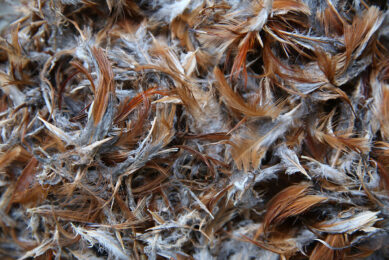
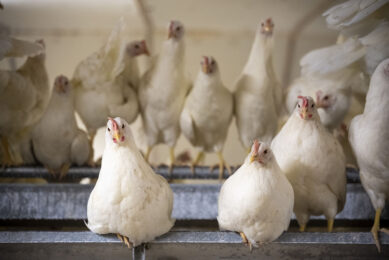
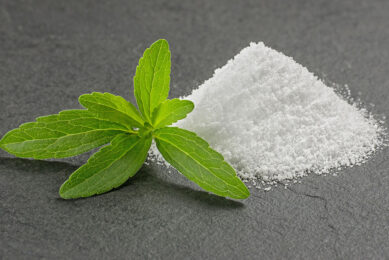
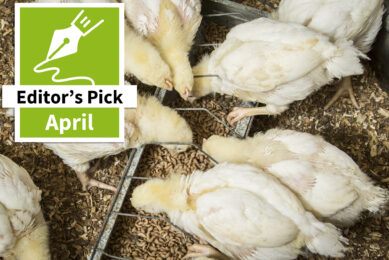




 WP Admin
WP Admin  Bewerk bericht
Bewerk bericht